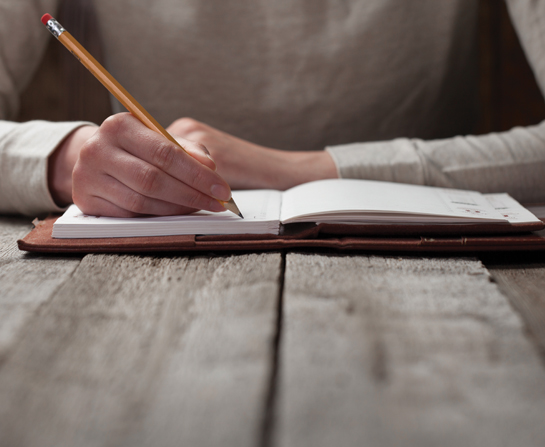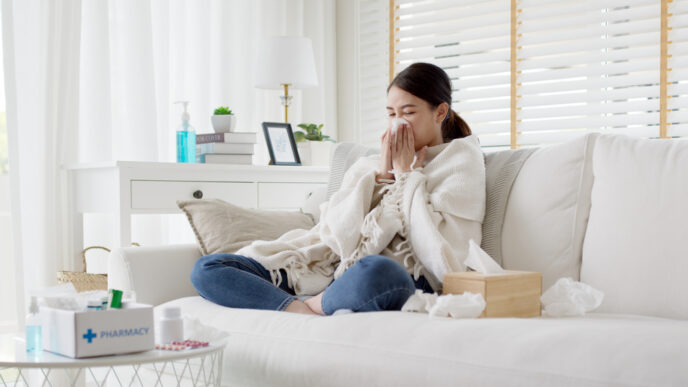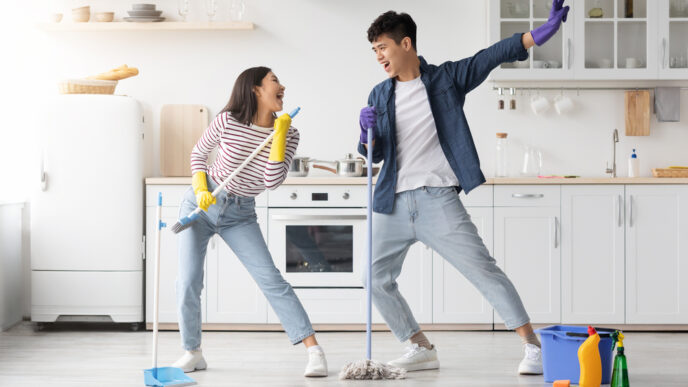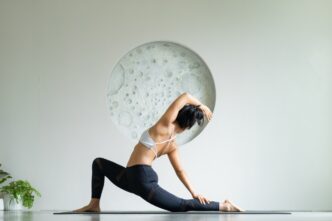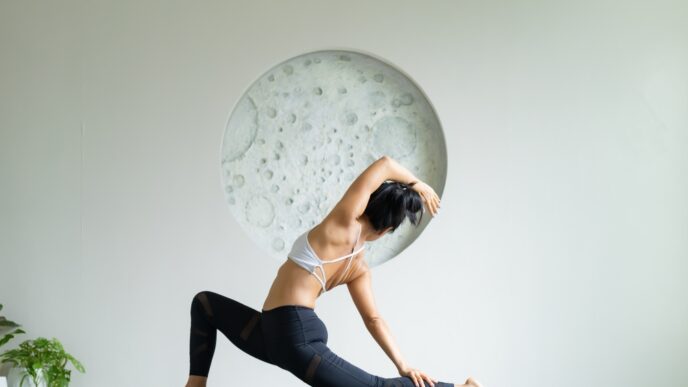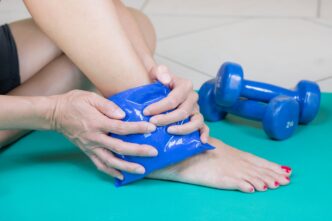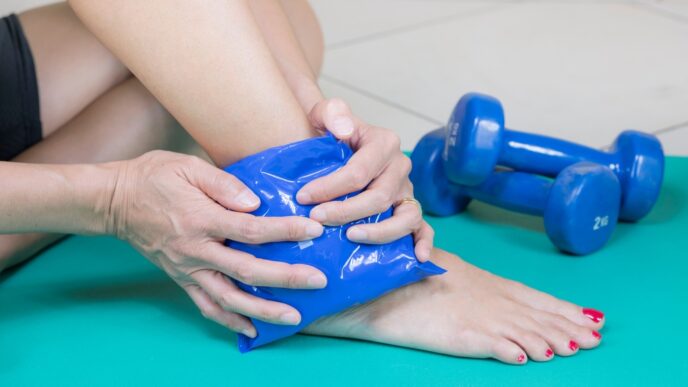Surviving Anxiety
April 29, 2022 Return
Vanitha Chandrasegaram Dramatherapist/Trainer, Integrative Creative Movements
Several years ago, as a trainee dramatherapist doing my practical training at a mental hospital in London, I had the chance to work with an elderly man who used to be a pilot with the RMAF and who was based in India. He had anxiety disorder. It was interesting to think how courageous he must have been when performing his duties, and yet, decades later, was diagnosed with this condition. He was afraid to even step out of his own home to take the bus to the hospital psychiatric daycare for his biweekly sessions!
Although he had initially agreed to attend the group dramatherapy sessions, I would always to convince him to come for the session for at least 10 minutes before each session began. At the end of the sessions he always informed the group about how glad he attended the session that day and the benefits that he had gained. But he always needed to be persuaded to attend every session.
As the therapist of the group, I always began with a 2-minute breathing meditation – mainly because of this particular client. The meditation always helped him calm down and participate in the session without feeling anxious.
Symptoms of anxiety
This patient is not alone – many people suffer from anxiety disorder. Some of the physical symptoms include: a pounding heart, dizziness, stomach upset, shortness of breath, headaches, muscle tension, insomnia, frequent urination or diarrhoea.
The emotional symptoms of anxiety include: feeling tense and jumpy, feelings of apprehension or dread, irritability, trouble concentrating, expecting the worst situations, restlessness, always looking out for signs of danger.
What are the causes of anxiety?
There may be several causes of anxiety. It may be a symptom of other mental health issues such as substance dependency, depression and withdrawal of long-term substance abuse.
It can also be a symptom of a physical disorder or changes in hormonal levels. This is why it is always important to have a physical check up with your physician before reaching any other conclusions.
It also may be caused by the repression of traumatic experience(s) or grief from the past. Each individual has a different story.
What to do if you experience anxiety?
First, consult your physician. If physical illness is ruled out as a cause of your anxiety, consult a counselor, therapist or psychologist.
These are some self-help techniques you may try if the anxiety is perhaps due to a stressful event that had just occurred in your life, and the feeling has not lasted more than a few days. I still strongly suggest consulting your physician if there are any other underlying physical ailments that may be contributing to the anxiety. It is important to always remember that the mind, body and emotions, all work as one.
Self-help options that may help reduce anxiety:
- Meditation, such as breathing techniques, creative (positive) visualisation techniques.
- Exercises such as walking, swimming or yoga, which are low-impact and calming.
- Reduce caffeine intake. Caffeine is a stimulant and for an individual experiencing anxiety, it may aggravate their condition.
- Reduce or eliminate alcohol intake.
- Maintain a healthy diet. There is a certain truth about the adage ‘we are what we eat’.
- Have sufficient sleep. Some individuals require more sleep than others.
- Positive affirmations. Affirmations reinforce our beliefs. Positive affirmations help in turning one’s fears into hopes.
- Do not get attached to mental health labels such as ‘anxiety disorder’, ‘depression’, etc. I remember a client who had joined internet support groups to help him with his disorder. Although this helped initially, his strong identification with the label and sense of belonging with that group seem to have contributed to the delay of his recovery process. A person is greater than whatever mental health challenges he or she may be facing. Holding on to labels may limit the capacity to recover and transform.
- Focus on the present. Anxiety is based on fear and fear is mostly associated with negative past experiences or the imagined future negative experiences. Most of my clients find, the present to be usually quite safe. This is why meditation helps. Its main focus is in the present.
- Write a list of joyful thoughts. As human beings, it is often difficult not to focus on the past or the future. Therefore, focusing on joyful moments from the past and possible joyful events in the future is a better option than the negative thoughts. Like everything else, this comes with practice.
- Keep a journal. Writing in a journal may help because it gives a space for the individual to express his or her fears and what he or she is anxious about. This is important, as repression of one’s fears can only increase one’s anxiety in the long run. This method is useful especially if the person does not have anyone to confide his or her fears and worries in.
- Be around nature. Generally, being around nature has a calming effect on our general well-being. Being around nature can as simple as resting under a tree, sitting by the beach, looking at trees and flowers, or even just looking up at the sky and noticing the formation of clouds.
- Find something you love to do and engage in it regularly. For example, if you like painting, dancing, cooking or anything else, make time to do it often. The more pleasurable things you do in your life, the less anxious you will feel about life in general.
- Keep a gratitude journal. Write a minimum of 5 things that you are grateful for each night before you go to bed. It can be something as simple as ‘breathing with ease’ or ‘connecting with a loved one’. This allows you to focus on the good parts of life.
Each individual operates differently. Therefore, some suggestions may work better than others for each person. Try them out and see what works best for you.
If symptoms persist for more than a few days or there seems to be no physical reason for the anxiety, I would highly recommend therapy or counseling.
If you like this article, do subscribe here.

